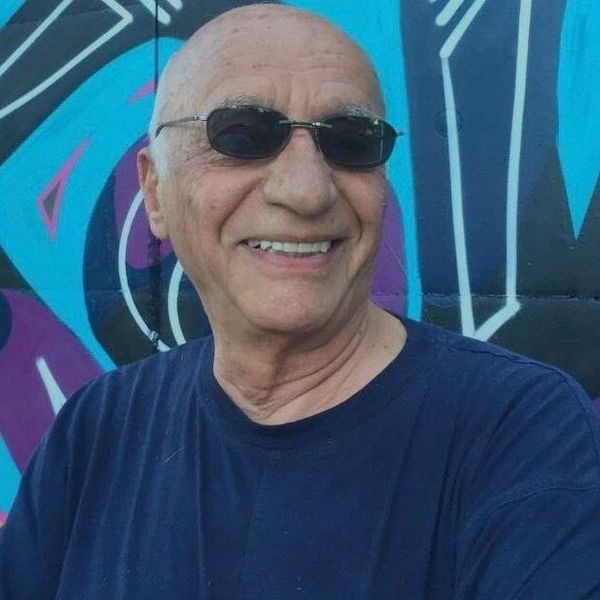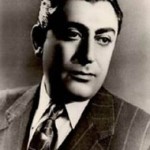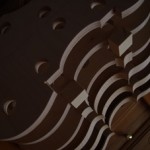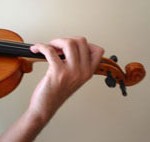“Harmony Talk” is an online music magazine,
and the longest-standing Persian journal on music in the whole world.
Renowned as the pioneering specialized and independent music blog, steered by Kamran VatanAbadi, Hrmony Talk was launched on April 7, 2003 as a weblog on music. After 100 days, more authors were called upon to contribute to the weblog which was then transformed into a daily journal on music.
Our primary mission is to provide equitable and unbiased reviews by music scholars and thought leaders, with the aim of fostering awareness and championing the country’s music.
To date, over 250 music experts have contributed their writings to Harmony Talk, under our editorial board led by Sadjad Pourqannad since 2006.
In March 2016, we proudly launched the English section of the Harmony Talk under the direction of Mahboubeh Khalvati, and as of June 2024, this section has been entrusted to Mohammad Ali Pourkhessalian. The English section is regularly updated on a monthly basis.
Our platform cover rich and diverse contents, including comprehensive coverage of pivotal music news from Iran and around the globe, exclusive interviews with notable figures, and the presentation of scholarly articles. We are committed to upholding strict adherence to intellectual property laws, securing author permissions, and providing due source citations for all published articles and content.
Harmony Talk stands as the oldest Persian online music magazine, free from affiliation with any political group or institution, and is diligently updated on a daily basis.
Enthusiasts are invited to submit their articles for potential publication to htalk.note@gmail.com.








